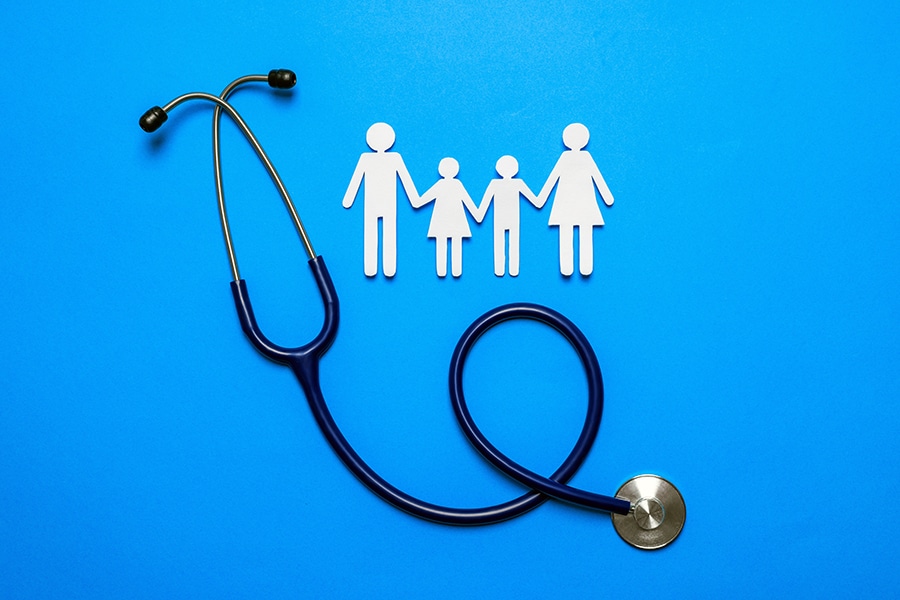
How does the 'Cashless Everywhere' system benefit health and general insurance policyholders?
Customers can choose hospitals outside their insurance company's networks, experience swift settlement of claims
 Under this 'Cashless Everywhere' system, policyholders can get treated in any hospital of their choice, and a cashless facility will be made available even if the hospital is not in the network of the insurance company; Image: Shutterstock
Under this 'Cashless Everywhere' system, policyholders can get treated in any hospital of their choice, and a cashless facility will be made available even if the hospital is not in the network of the insurance company; Image: Shutterstock
On Thursday, the General Insurance Council (GIC) in consultation with general and health insurance companies announced the ‘Cashless Everywhere’ initiative. Under this system, policyholders can get treated in any hospital of their choice, and a cashless facility will be made available even if the hospital is not in the network of the insurance company.
“Cashless Everywhere will make customers’ lives easy. Today, only about 63 percent of customers opt for cashless claims, while others apply for reimbursement as they might be admitted to hospitals outside their insurer network. This puts significant stress on their finances,” stated Tapan Singhel, MD and CEO of Bajaj Allianz General Insurance, and chairman of the GIC in a press release. Forbes India explains how this new scheme works and how it is likely to benefit policyholders:
What are the new rules, and what has changed?
Currently, the cashless facility is only available at hospitals if the insurance company has a tie-up or a set agreement. Unless there is a tie-up, the policyholder cannot access the cashless facility, and has to go for a reimbursement claim, which delays the process further.
With this new scheme, policyholders can get treated in any hospital of their choice, even though it is not a part of the insurance company’s network, and avail the cashless facility. This new system is expected to be extremely beneficial for users, especially senior citizens, as they no longer need to worry about the hospital network or arrange cash for their treatment.
Also read: The cyber-insurance vision is failing for ransomware attacks in India








